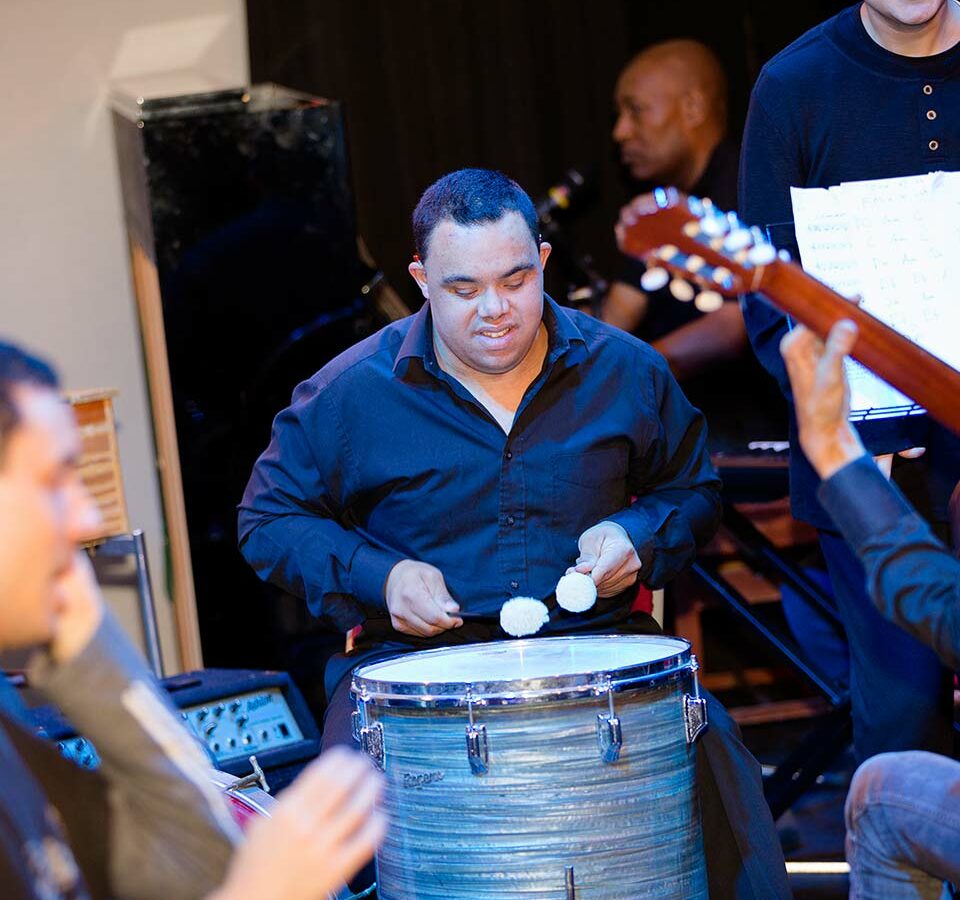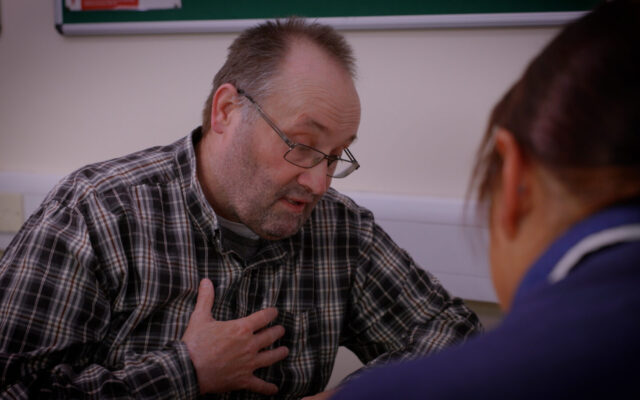Inclusion: some employers appoint entire committees to scrutinise the issue; others treat it as a tick-box exercise.
Much of our latest coverage explores inclusion in the creative sector. This focus is timely given the success of An Irish Goodbye, which has won a Bafta award and, more recently, an Oscar.
Yet, as filmmaker and cover star Claire-May Minett tells us, inclusion can just mean “a little bit more understanding”.
Inclusion can mean issues are represented through the arts, such as in Henny Beaumont’s work, and on stage and TV. It can mean people are directly involved, as in City Lit’s Percussion Orchestra and dance.
Such visibility is vital because creativity is a force for protest and change, as Sara Ryan writes of a landmark exhibition at the People’s History Museum.
Shining a light on inclusion is vital given the fresh barriers to progress. With local elections ahead, the need for photo ID at polling stations makes voting even more difficult.
Beyond the arts, employers of all kinds should read Alice Hewson’s words on inclusive workplaces. US-based Mary O’Hara also looks at equal employment in her introductory “lessons from America” column, with a promise to compare progress on learning disability issues at home and abroad. Home in a literal sense is a topic shared by columnists Shalim Ali and Chris Hatton.
Other notable articles include George Julian’s awareness-raising reporting from courts, Paul Christian making black history accessible and Virginia Bovell challenging assumptions around friction between families and self-advocates.
Change from the grass roots
Shining a light on inclusion is vital given the fresh barriers to progress. Difficulties include the cost of living crisis, the lacklustre SEND reforms and the spring budget’s failure to address learning disability support. With local elections ahead, the need for photo ID at polling stations makes voting even more difficult.
Against this harsh backdrop, the push for progress continues apace – driven, as ever, from the bottom up.
Saba Salman
Editor





